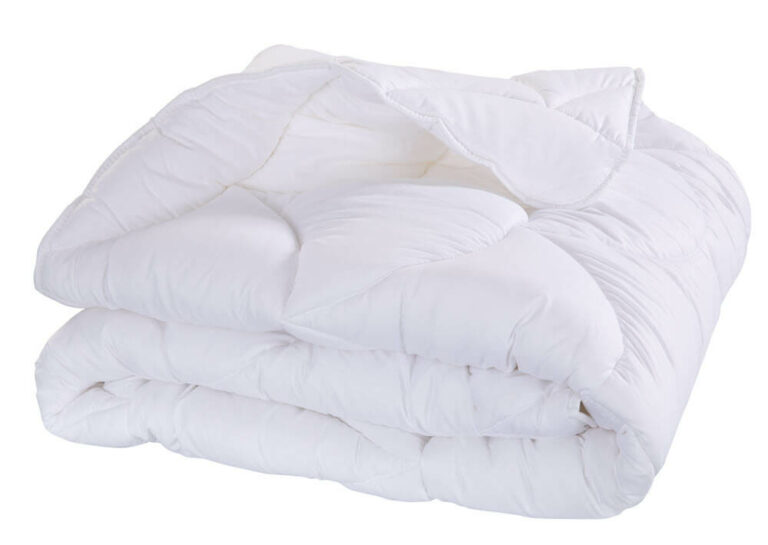Some of us might have developed sleep disorders due to capitalism, but guess what, capitalism has a solution for that, too, with the help of technology: a sleep tracking device that monitors your sleep data and determines if you’re getting enough of it. Fitbit devices are basically fitness trackers as can be derived from the name and they’re wearable like a smartwatch. Thanks to the built-in heart rate sensors of some models, they can also determine when you’re asleep.
Inevitably, though, there are questions about the whole concept. How does Fitbit know when you sleep? Can you trust it when it details your sleep patterns? Can a smartwatch really give you data as accurate as a polysomnography session?
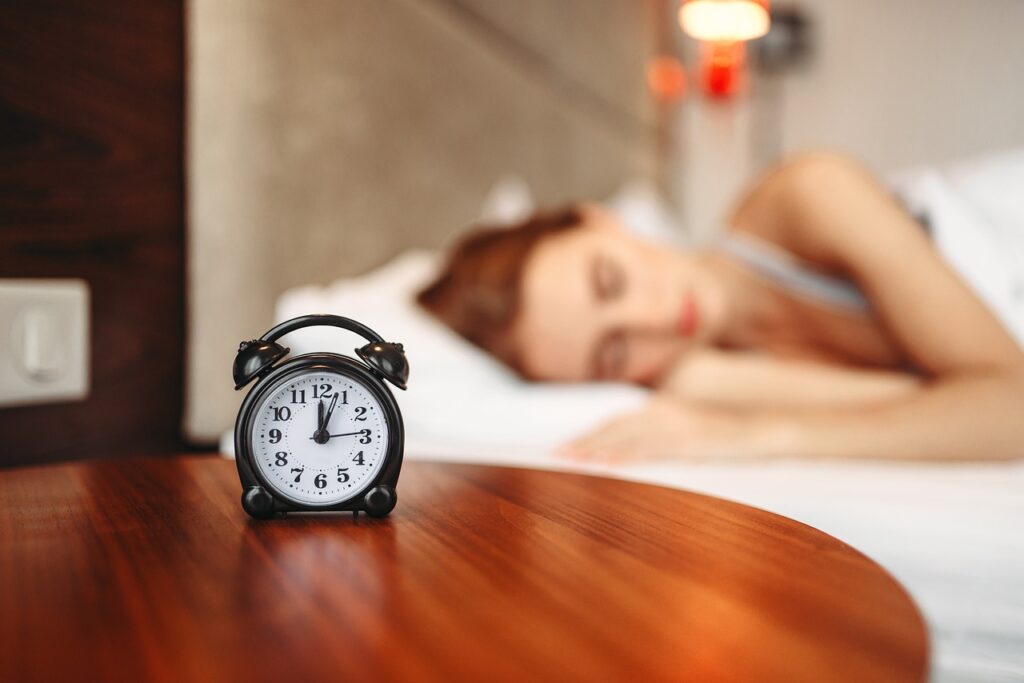
The short answer is: through a built-in heart rate monitor that determines your stage of sleep. Fitbit can identify your respiratory rate including blood pressure and heart rate. Each stage of sleep has different “signs” or sleep behavior your body will go through.
Below, I am going to detail what the main stages of sleep are and what you go through, how a Fitbit sleep tracker is able to detect those, and how reliable the data it provides is. Hopefully, we will find the answers to these questions together.
What Are the Main Sleep Stages?
There are four main sleep stages that affect how we wake up the next day and how we go on about our business. A healthy sleep cycle and a good night’s sleep require passing through all the stages in the way you are supposed to – that is, spending an acceptable amount of time in each stage. Not only does your sleep quality depend on proper sleep but also your quality of life.
That’s why sleep trackers have become so popular recently. They allow you to see how you pass through those stages and whether you have any sleep disorders that you need to address or sleep goals that you should set.
Therefore, before getting a Fitbit, it’s important to learn about the stages of sleep and why they are important.
Awakeness Stage
Counting awake time as a stage of sleep might sound like our lives are a long slumber, but that’s a concern for philosophers and not for sleep researchers. What we understand from “awake time” is when we get into bed and prepare for sleep or when we linger in bed after waking up, trying to remember who we are and what the hell we are doing on this earth.
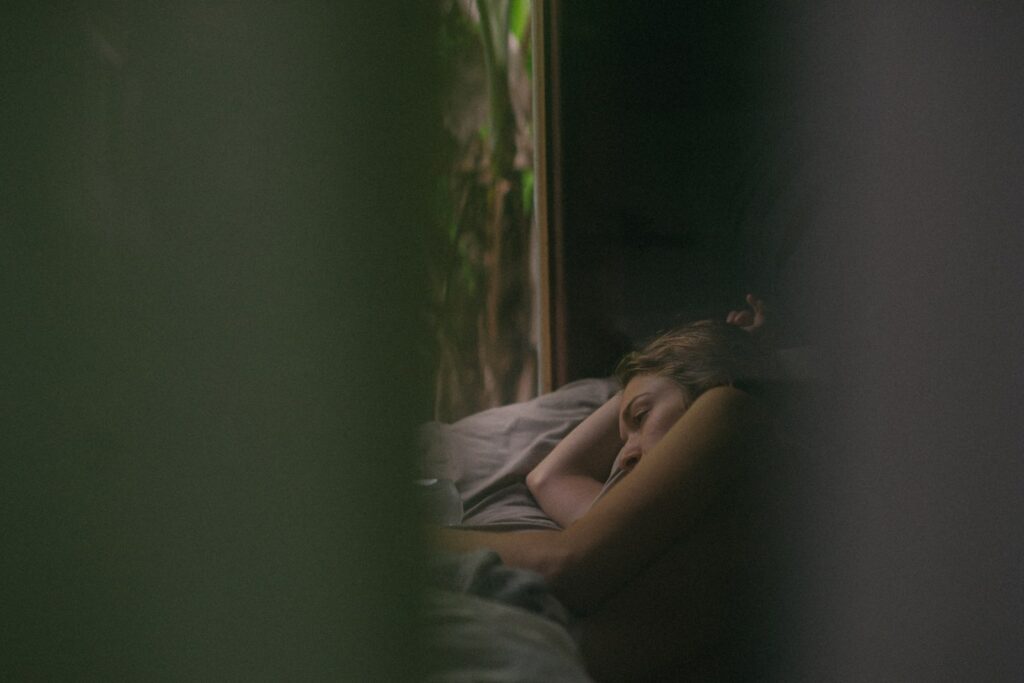
For better accuracy from our sleep trackers, it’s important to get into bed only to sleep and not to spend time on our phones in bed before going to sleep. Also, the brief awakenings that disrupt other sleep stages are considered as “awake time”. When a tracker gauges those, it might be pointing to a couple of sleep disorders including obstructive sleep apnea.
Light Sleep
This is when your muscles start to relax, like: “Oh, finally some peace. I thought we were never going to stop today,” and prepare themselves for a good rest. But also, they might be still suffering from the trauma of a tiresome day and may jerk because they cannot believe the day has really come to an end. In this stage, your breathing and heart rate will slow down.
That will lead to a decrease in body temperature as if the unbearable heat of an active life can finally cool down. However, in this stage, just a small noise or a weak light might be enough to wake you up – it’s called light sleep for a reason. It’s not really a resting or restoring stage, though, it’s just a preface of the restorative stages to come.
Deep Sleep
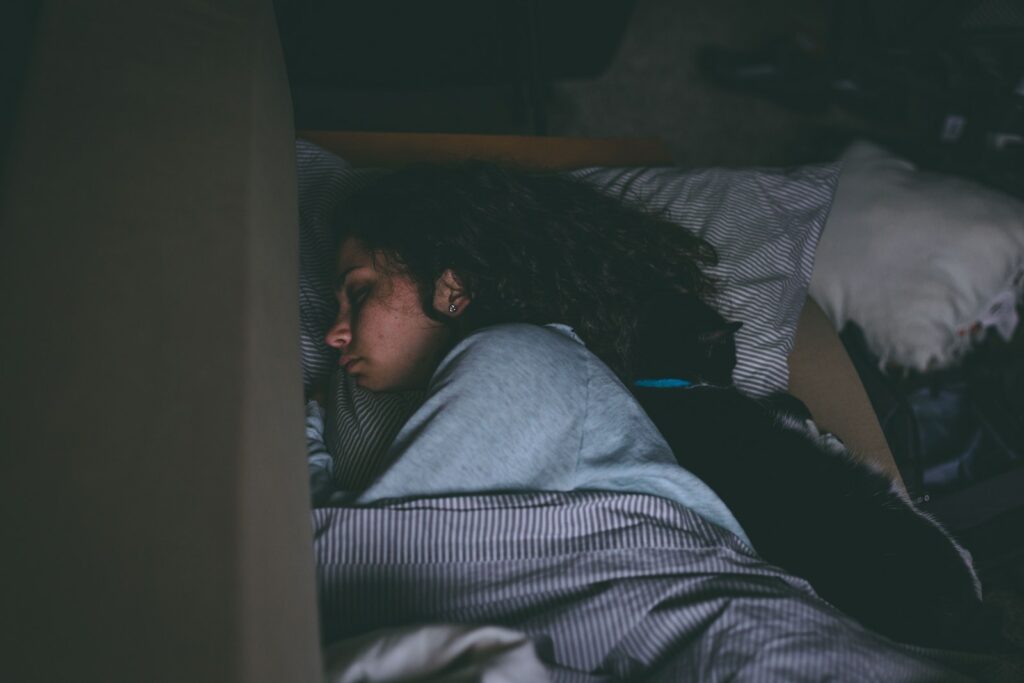
The deep sleep stage is when your body can at last start restoring itself, and that restoration happens in many layers. The decreased respiration and heart rate result in a drop in blood pressure as well. However, there is more blood received by the muscles, helping them to recover. It’s also the time when the growth hormone is released by the anterior pituitary gland.
Tissues grow and damaged cells are repaired. Our brains don’t remain redundant, either. They get rid of all the garbage, all the unnecessary data somehow stored in them (probably by none other than themselves) while their activity is reduced to producing only slow and long brain waves.
You probably failed to relate to the external world right after waking up at least once in your life – well, that grogginess and confusion is expected if you are woken up when you are at the stage of deep sleep.
REM Sleep Stages
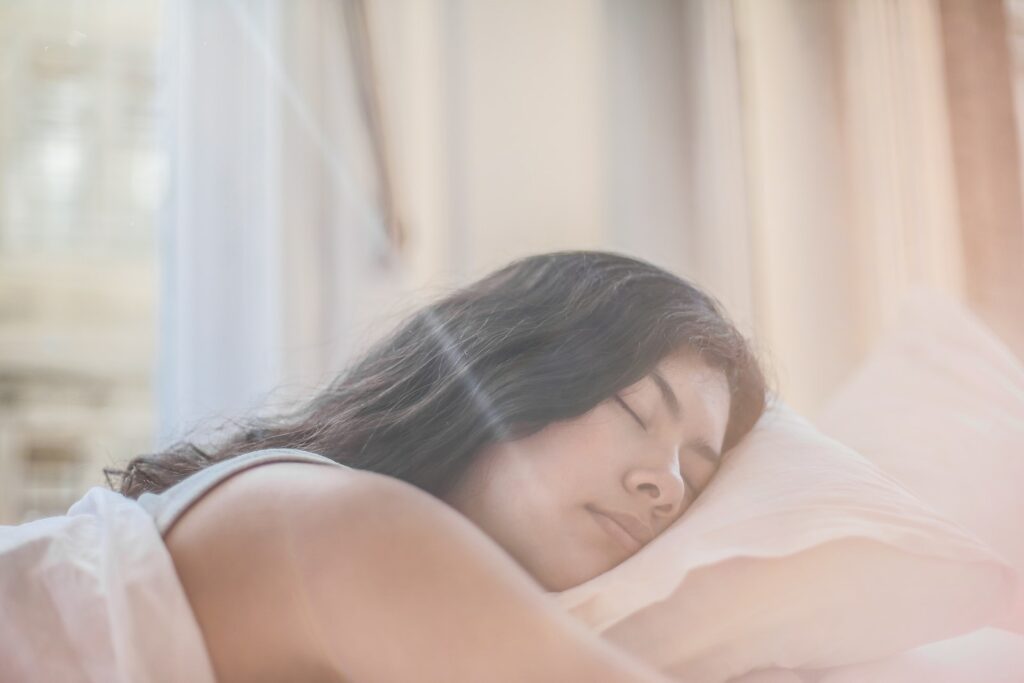
All the stages above are considered NREM (non-rapid eye movement) stages, but the stage that comes to the minds of people whenever sleep stages are mentioned is probably REM. The reputation of REM is well-deserved, too, as it’s the stage when not only the activity of the eye is rapid but also that of the mind’s.
In this stage, heart rate and respiration increase and the mind becomes increasingly active – sometimes even so active that you experience dreams in lifelike quality and in a more somatic fashion than the last big-budget action flick you saw.
Of course, if you find yourself in such a dream, you’d probably like to get out of the bed and act it out. That’s why the body becomes immobile in this stage, because we probably wouldn’t like the results of our dream excursions when we wake up.
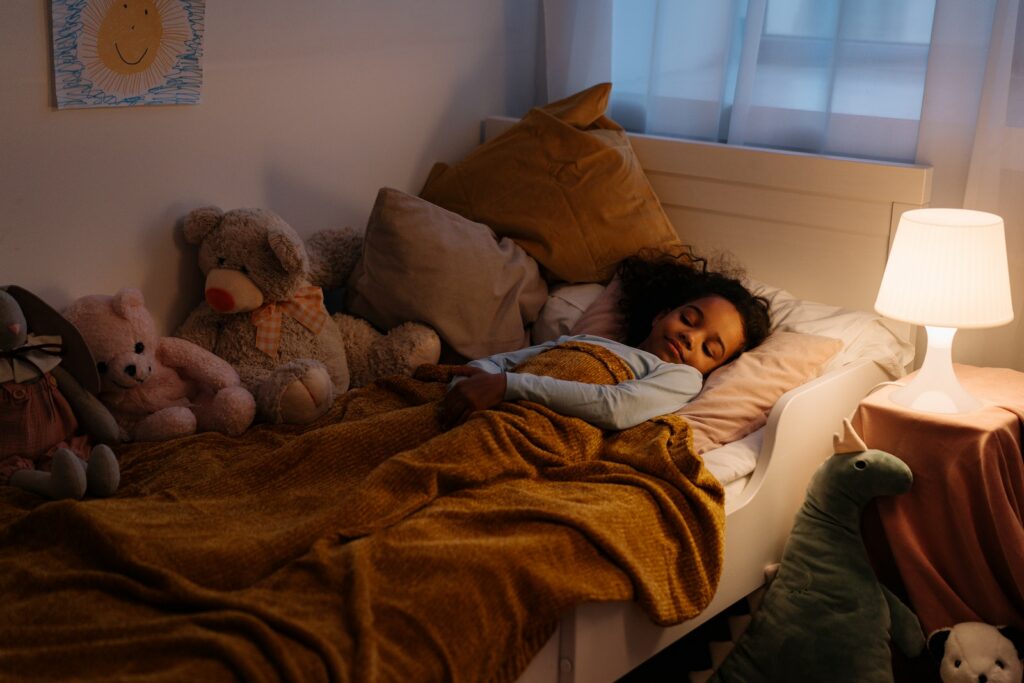
All this activity and vividness might sound too tiresome for a period of time in which you should be resting, but REM sleep re-energizes the mind and has positive effects on traits like memory, problem-solving, and learning. It’s like our subconscious is doing some homework based on all that we have experienced consciously.
I should also inform you that good quality of sleep is never a grand, long cycle in which all these stages are passed through only once and in order. Generally speaking, there will be 3 to 5 sleep cycles that have all of the above and in different frequencies. The deep sleep stage might take prominence in the early cycles whereas the later cycles are probably dominated by REM. That’s why you see lots of dreams right before waking up.
For overall sleep quality, though, there are certain percentages to heed: 5-15% awake time in bed, 50-60% light sleep, 12-22% deep sleep, and 15-25% REM. If there is a problem with your sleep, it will probably show in these numbers.
How Does Fitbit Know When You Sleep
First of all, I have to tell you that Fitbit has many fitness trackers but not all of them can track sleep, let alone provide accurate data. The models that have the features specifically needed for sleep tracking are Fitbit Alta HR, Fitbit Charge 3, Fitbit Charge HR, Fitbit Versa 2, and Fitbit Ace 2.
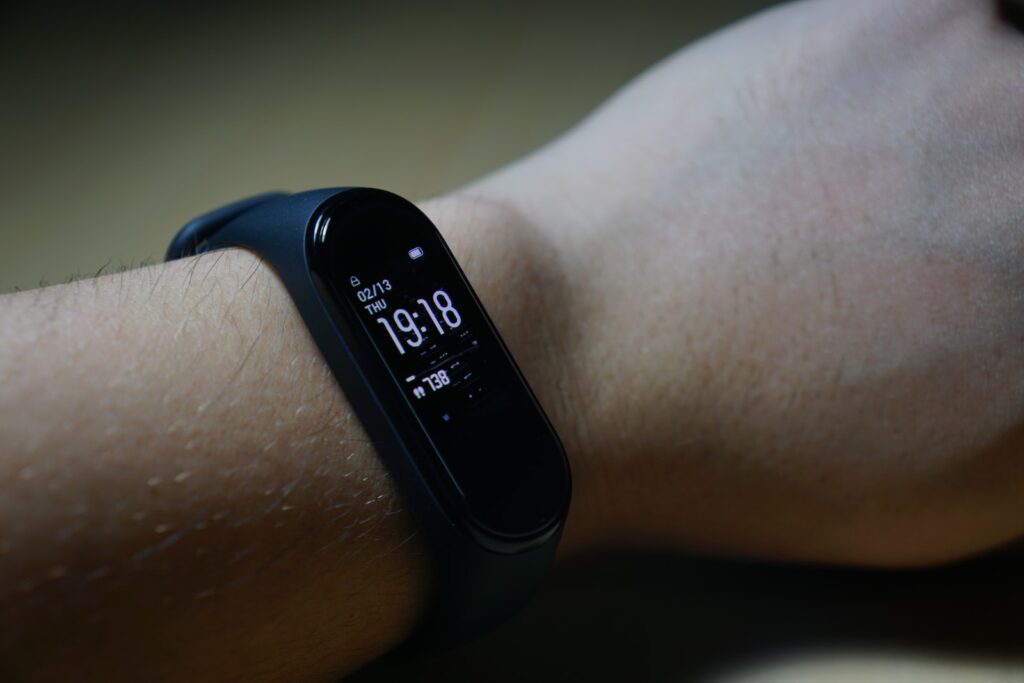
Also, you need to wear the device only with a snug wristband to get more accurate readings. With other types of wristbands, it won’t be able to measure your heart rate and other relevant data with sufficient accuracy.
The features a Fitbit has for tracking your sleep include:
Tracking sleep stages
Fitbit trackers assume that you are asleep if you haven’t moved for an hour. In addition to that, your device tracks every beat of your heart and can analyze the changes in rhythm.
It means that it’s capable of providing data on your heart rate variability (HRV), which says a lot about the sleep stage you are in.
When you wake up in the morning, sync the device and look at the data on the Fitbit app. You’ll be able to see the journey you had during the night and determine if there is anything unbecoming there.
Comparing results with a benchmark
In addition to tracking sleep stages, there is a sleep stage benchmark on the app. The benchmark is based on the sleep cycle data of people based on their sex and age. In other words, it will show you the average sleep data of other people of your age and sex. Using that benchmark, you can see whether your numbers are “normal” or sufficient.
Setting a sleep schedule
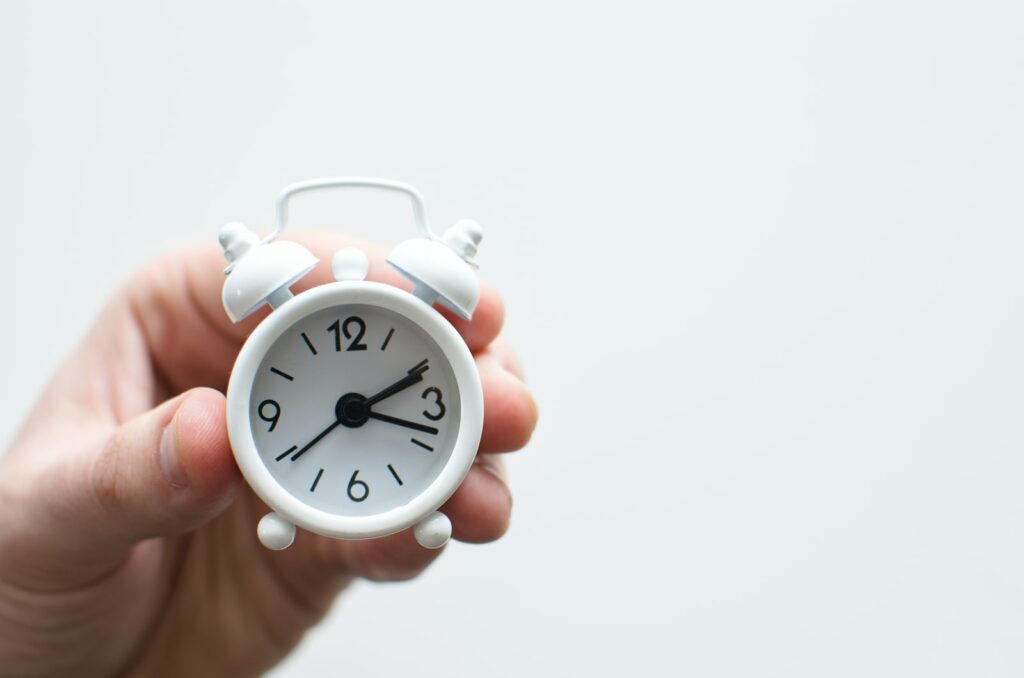
I know that it kind of sounds dystopian: a wearable device on your wrist telling you how many hours of sleep you should get, but sleep hygiene doesn’t only mean having a high-quality sleep-time. You should also adopt a consistent sleep schedule. It’s quite important because the lack of a consistent sleep schedule might become an underlying cause of a sleep disorder later – or even affect your diet.
Therefore, the sleep schedule feature on Fitbit devices is quite handy. If the sleep log of at least five nights is already on the app, it will use that information to track your sleep habits and then tell you when you should go to sleep and wake up. Of course, acting in accordance with that schedule is up to you.
I can understand how tempting this device is – especially considering that the only real alternative to a Fitbit device for tracking your sleep is going to a sleep study lab that uses an electroencephalogram for studying brain activity and other sleep-related data in tedious ways.
However, acting on the data provided by the fitness tracking device alone might not be recommended despite its convenience. Even if you detect an abnormality based on that data, you still need to go see a sleep specialist and undergo some medical tests.
How Accurate Is a Fitbit Sleep Tracker?
Having your sleep measured accurately and your potential disorders detected by a tracker you simply wear on your wrist sounds like a dream – a dream that doesn’t require you to go to the REM cycle. However, when it comes to precision to identify the stages of sleep or accuracy to warn you about the prevalence of certain sleep disorders, these devices might not be as exquisite as they are advertised to be.
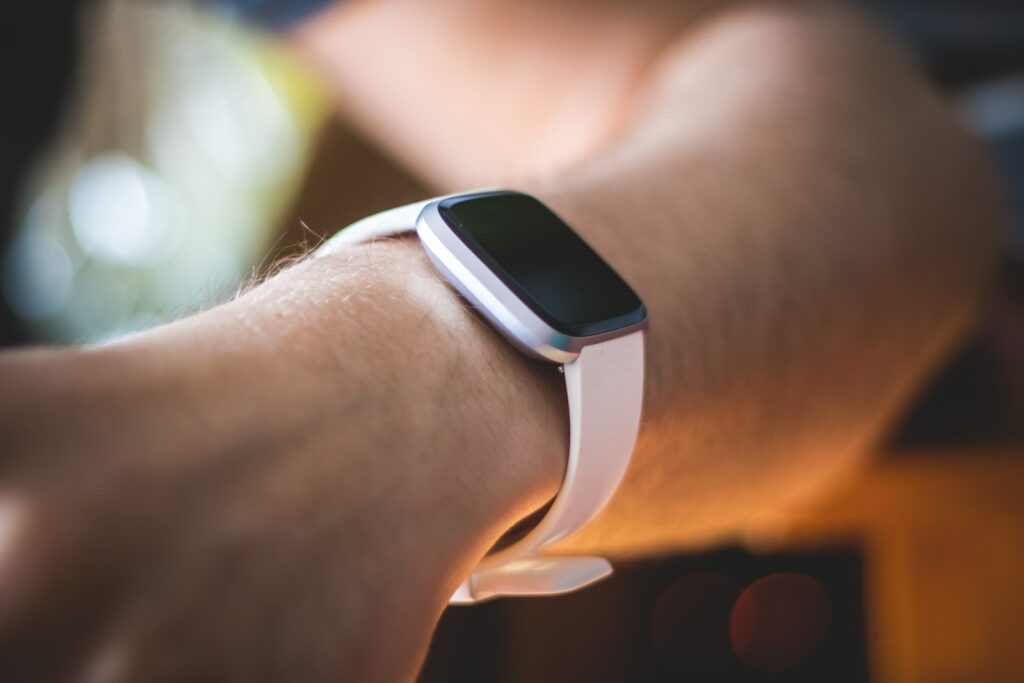
The shortcomings of Fitbit are observed clearly, especially when the data it provides are compared with the data acquired by a device used by medical professionals to study sleep. Two such devices are an actigraph and polysomnography, and Monash University conducted a research on how a Fitbit device, namely the Fitbit Alta HR that features a heart rate monitor, fares in comparison to those when determining sleep.
According to the results, the Alta HR was as accurate as professional medical devices and tests that estimate the total sleep hours of an individual. When it came to other aspects of sleep, however, some discrepancies between the devices started to surface. For example, the numbers provided by the Alta HR for the stages of deep sleep and REM were fairly lower than those estimated by its professional, medical counterparts. It underestimated deep sleep by half and REM by a third of their full “quantity”. But that’s not all – the numbers for light sleep were also exaggerated by the Fitbit device.
The questionable character of the Fitbit metrics is not only limited to the Alta model, either. Another study conducted with the Charge 2 also showed similar types of underestimation and overestimation of sleep time. This trend might not be much of a big deal if you’re only using the device for a consistent sleep schedule, but acting on the inaccurate sleep data provided by the device can actually lead to more problems.
What Does My FitBit Sleep Score Mean?
Fitbit’s Sleep Score is a great way to track and understand your sleep patterns over time. It takes into account several factors, such as heart rate, the amount of time spent awake or restless, and how much time you spend in light, deep, and REM sleep.
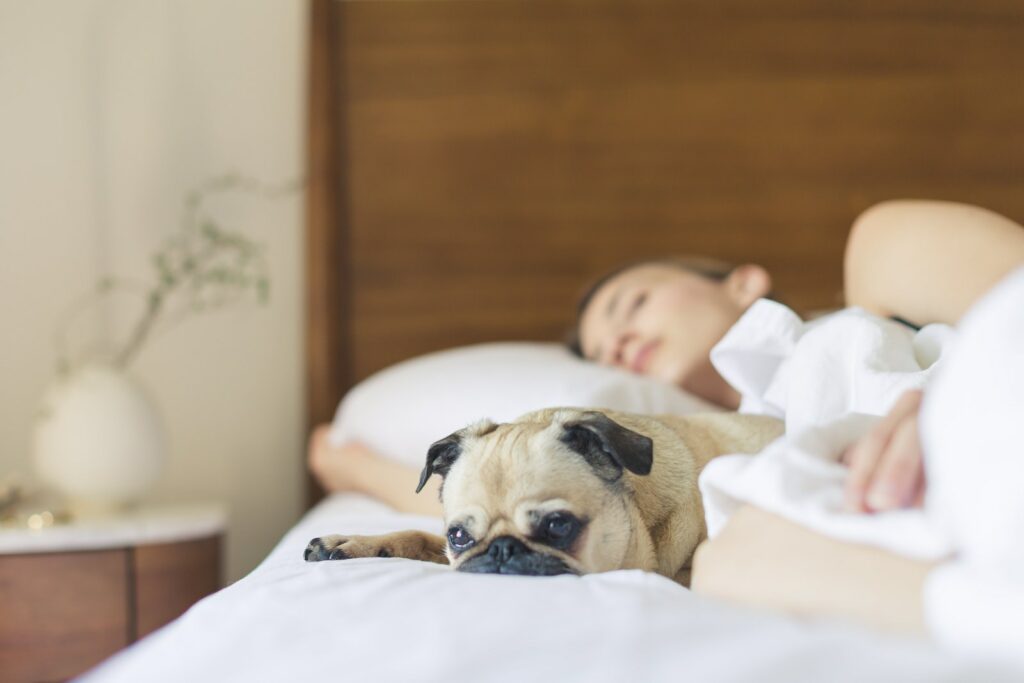
The score is a sum of individual scores in sleep duration, sleep quality, and restoration for a total score of up to 100.
Duration focuses on how much you slept; the more you sleep, the better your score. Sleep quality looks at how much time you spend in deep and REM sleep; the more time you spend in these stages, the higher your score. Finally, restoration tracks how relaxed you were during sleep; a high sleeping heart rate lowers your score.
Overall, a good Fitbit Sleep Score is considered to be between 80-100. This means that you are getting enough restful sleep each night and that your body is being adequately restored while sleeping. If your score falls below 80 then it may be an indication that something needs to change in order to improve your overall health and wellbeing.
Making small changes such as avoiding caffeine late at night or creating a relaxing bedtime routine can help improve your Fitbit Sleep Score over time.
What Are the Possible Consequences of Inaccurate Sleep Data?
If you are in the habit of obsessively checking your sleep data and trying to adjust your sleep habits accordingly or you are showing inclinations towards having full control of your sleep through a tracking device, it means that you already have some concerns about your sleep. Add to that all the inaccurate numbers you can see every morning, and those concerns will probably be multiplied.
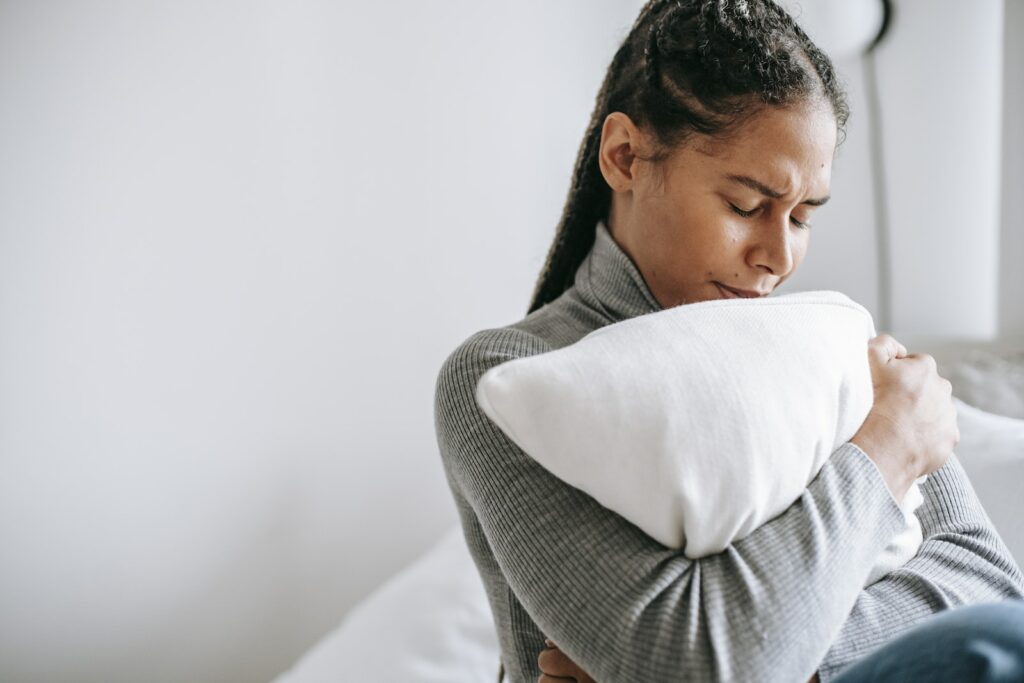
Tracking the stages of sleep inaccurately means that the numbers will show a skewed sleep cycle. As the device is also capable of showing you the standard numbers based on age and sex, you’ll probably worry that you’re getting your sleep wrong. If you already have sleep disorders due to stress and anxiety, having more stress and anxiety about your sleep will only make it worse.
Even when you have no sleep disorders to speak of, the proximity of data on your phone may cause unfounded worries. As a result of that, you might become concerned about your sleep patterns, and that can also lead to stress and anxiety even if you’ve known nothing but peaceful sleep your whole life (I don’t know whether it’s possible).
Thankfully, when you finally break and decide to visit a sleep clinic, the medical tests might put your mind to rest when there’s no disorder to be treated. And even if there is, there will surely be some professional there to tell you how to deal with it.
Wrapping Up…
Sure, catching up on the latest trends, finding practical uses for all the technological innovation in our daily lives, and having your life laid out in front of you in numbers even when you are sleeping are all appealing.
But we should also bear in mind that scrutinizing their usefulness and possible shortcomings can help us even more. Sometimes, we might be better off with less complicated solutions that don’t require us looking at our data every morning as though we are androids and possibly dwelling on problems that aren’t actually there.
Therefore, if there is a bit of wisdom at the end of my research on Fitbit trackers, it’s this: before trying to find solutions in such devices, it’s important to implement certain sleep hygiene by yourself.
This may include turning off electronic devices before bed, going easy on alcohol, caffeine, and drug consumption, having a healthier diet, and adopting a better, more consistent sleep schedule by disciplining your body and mind with the help of psychotherapy if need be.
Article Sources
- de Zambotti, M., Goldstone, A., Claudatos, S., et al., (2018, December 13). A validation study of Fitbit Charge 2™ compared with polysomnography in adults. Chronobiology international, 35(4):465-476. https://www.tandfonline.com/doi/full/10.1080/07420528.2017.1413578?src=recsys
- Haghayegh, S., Khoshnevis, S., Smolensky, M. H., et al., (2020). Performance assessment of new-generation Fitbit technology in deriving sleep parameters and stages. Chronobiology international, 37(1):47-59. https://www.tandfonline.com/doi/full/10.1080/07420528.2019.1682006?src=recsys
- Kolla, B. P., Mansukhani, S., & Mansukhani, M. P. (2016). Consumer sleep tracking devices: a review of mechanisms, validity and utility. Expert review of medical devices, 13(5):497-506. https://www.tandfonline.com/doi/full/10.1586/17434440.2016.1171708?src=recsys
- de Zambotti, M., Claudatos, S., Inkelis, S., et al., (2015, July 9). Evaluation of a consumer fitness-tracking device to assess sleep in adults. Chronobiology international, 32(7):1024-1028. https://www.tandfonline.com/doi/full/10.3109/07420528.2015.1054395?src=recsys
- Liang, Z., & Ploderer, B. (2020). How does Fitbit measure brainwaves: a qualitative study into the credibility of sleep-tracking technologies. Proceedings of the ACM on Interactive, Mobile, Wearable and Ubiquitous Technologies, 4(1):1-29. https://dl.acm.org/doi/abs/10.1145/3380994





